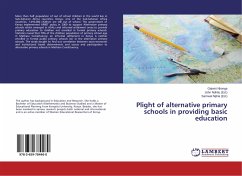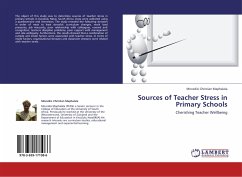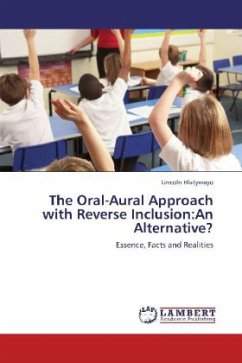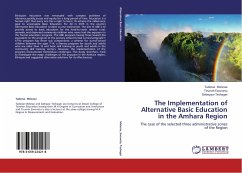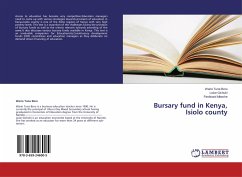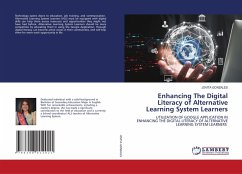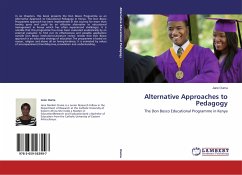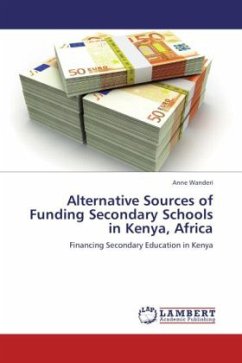
Alternative Sources of Funding Secondary Schools in Kenya, Africa
Financing Secondary Education in Kenya
Versandkostenfrei!
Versandfertig in 6-10 Tagen
32,99 €
inkl. MwSt.

PAYBACK Punkte
16 °P sammeln!
Secondary education in Kenya, unlike primary education, is yet to be free and universal. Financing secondary education is mainly the responsibility of parents while the government partly participates in paying salaries and allowances to school administrators and teachers as well as providing bursaries for some of the needy students. To supplement what is available through traditional sources of funds, schools can engage in income generating activities. This book notes that schools have a number of income generating activities, but which do not contribute much to the school budget. Major proble...
Secondary education in Kenya, unlike primary education, is yet to be free and universal. Financing secondary education is mainly the responsibility of parents while the government partly participates in paying salaries and allowances to school administrators and teachers as well as providing bursaries for some of the needy students. To supplement what is available through traditional sources of funds, schools can engage in income generating activities. This book notes that schools have a number of income generating activities, but which do not contribute much to the school budget. Major problems that school managers faced in implementation and management of income generating activities are identified in this book. The book also notes that there are resources that can be utilized to generate more income for secondary schools. This book concludes that schools have not fully utilized the opportunities available for income generation, despite the fact that they still experience shortage of funds. As such, it is recommended that school administrators take income-generating activities more seriously and that schools employ qualified personnel to manage income-generating initiatives.




